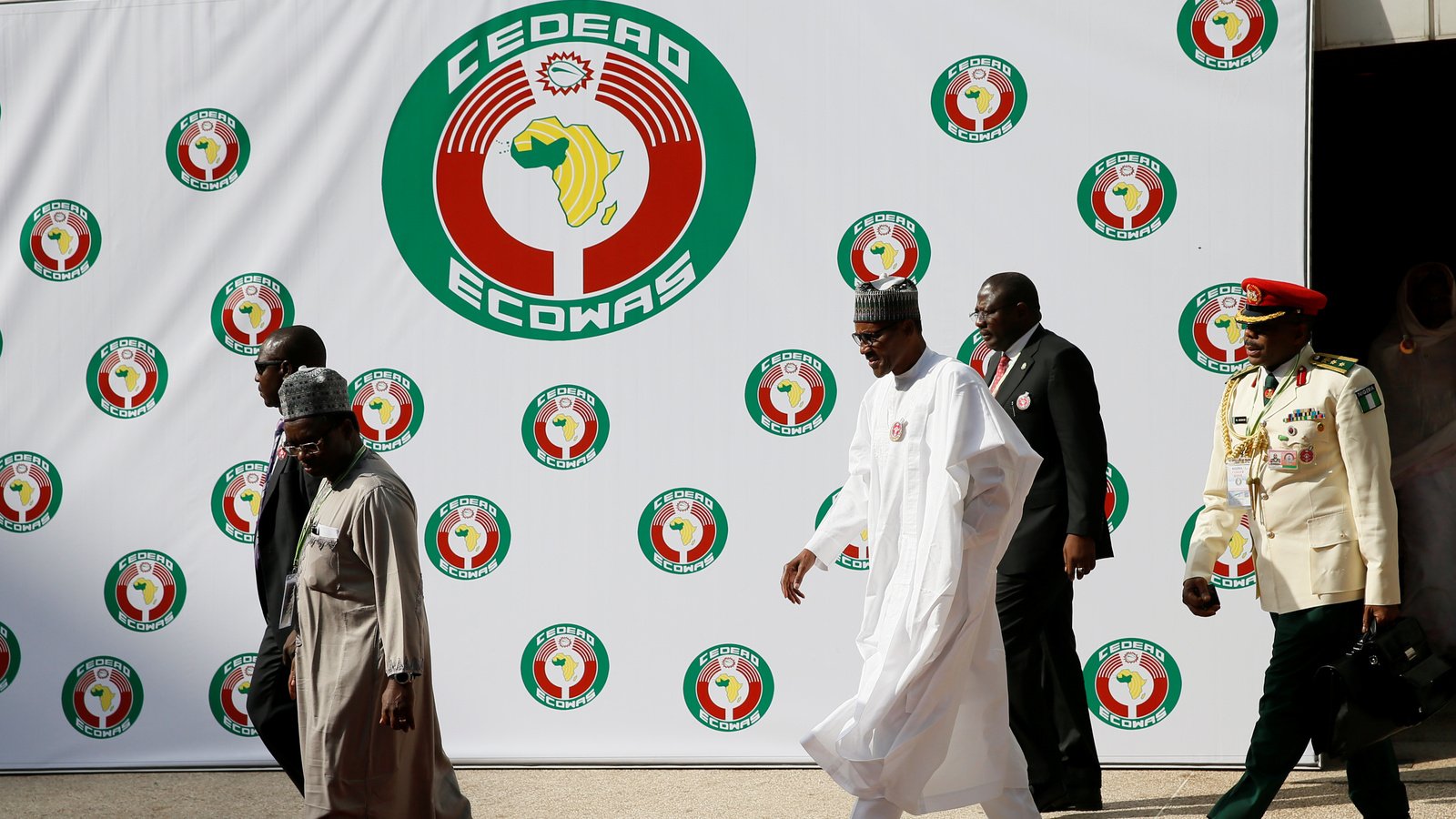
The African Union and the Economic Community of West African States have emphasised the imperative of a unified regional approach to tackle the evolving security challenges across Africa.
This stance was articulated during the inaugural joint consultation between the AU Peace and Security Council and the ECOWAS Mediation and Security Council at the Ambassadorial level in Abuja on Wednesday.
In his remarks, Nigeria’s Permanent Representative to ECOWAS and Chair of the ECOWAS Mediation and Security Council, Ambassador Musa Nuhu, highlighted the dynamic nature of Africa’s security landscape.
Nuhu underscored the emergence of new and complex threats, ranging from terrorism and violent extremism to unconstitutional changes in government.
Nuhu stressed the necessity of collective efforts transcending national borders to effectively address these challenges.
He emphasised the significance of joint consultative engagements between the AU and Regional Economic Communities as crucial platforms for fostering a collective response to mitigate these security threats.
Nuhu stated, “For long, the African continent has struggled with security challenges that have brought untold hardship to our people.”
“Since its inception, the ECOWAS MSC at the Ministerial and Ambassadorial levels has played a critical role in addressing security challenges through mediation missions, peacekeeping operations, and counter-terrorism efforts, which were hosted by the ECOWAS Authority of Heads of State and Government.
“However, it must be clearly stated that the security landscape in Africa is a dynamic one, constantly presenting new complex threats from terrorism and violent extremism to unconstitutional changes of government. These challenges demand a unified response that goes beyond our national boundaries and requires collective efforts.”
The chair highlighted the importance of cooperation in various areas, ranging from preventing unconstitutional government changes to implementing counter-terrorism measures and promoting peace initiatives.
He further stressed the need to extend discussions beyond politics to encompass economic development, humanitarian intervention, and social cohesion, all crucial elements for achieving lasting peace across Africa.
In the same vein, the Permanent Representative of The Gambia to the African Union and Chairperson of the Peace and Security Council, Ambassador Jainaba Jagne, emphasised the importance of collaboration and cooperation in preventing, managing, and resolving conflicts.
Jagne highlighted the challenges posed by terrorism, violent extremism, and unconstitutional changes of government in the region, underscoring their detrimental effects on peace, security, and stability.
She expressed confidence in the collective effort to counter these threats and reverse the current trends.
She noted, “We need to emphasise the critical role and the absolute necessity of our collaboration and cooperation in preventing, managing, and resolving conflicts.
“Our region is currently faced with the surge of terrorism and violent extremism, and the resurgence of unconstitutional changes of government, which have serious negative consequences for peace, security, and stability in our community.
“Together, we can reverse this unfortunate trend.”
The 15-nation bloc ECOWAS, formed in 1975 to promote economic integration in member states, has struggled in recent years to reverse a wave of military takeovers in the region, including Mali in 2020 and 2021, Burkina Faso in 2022, and Niger last year.
The exit of three countries from ECOWAS threatened the African Continental Free Trade Area aimed at accelerating intra-African trade and boosting the continent’s trading position in the global market.
Earlier, ECOWAS imposed economic sanctions on the countries.
The sanctions were, however, in February 2024 following the intervention of Nigeria’s ex-military head of state, Gen. Yakubu Gowon.
